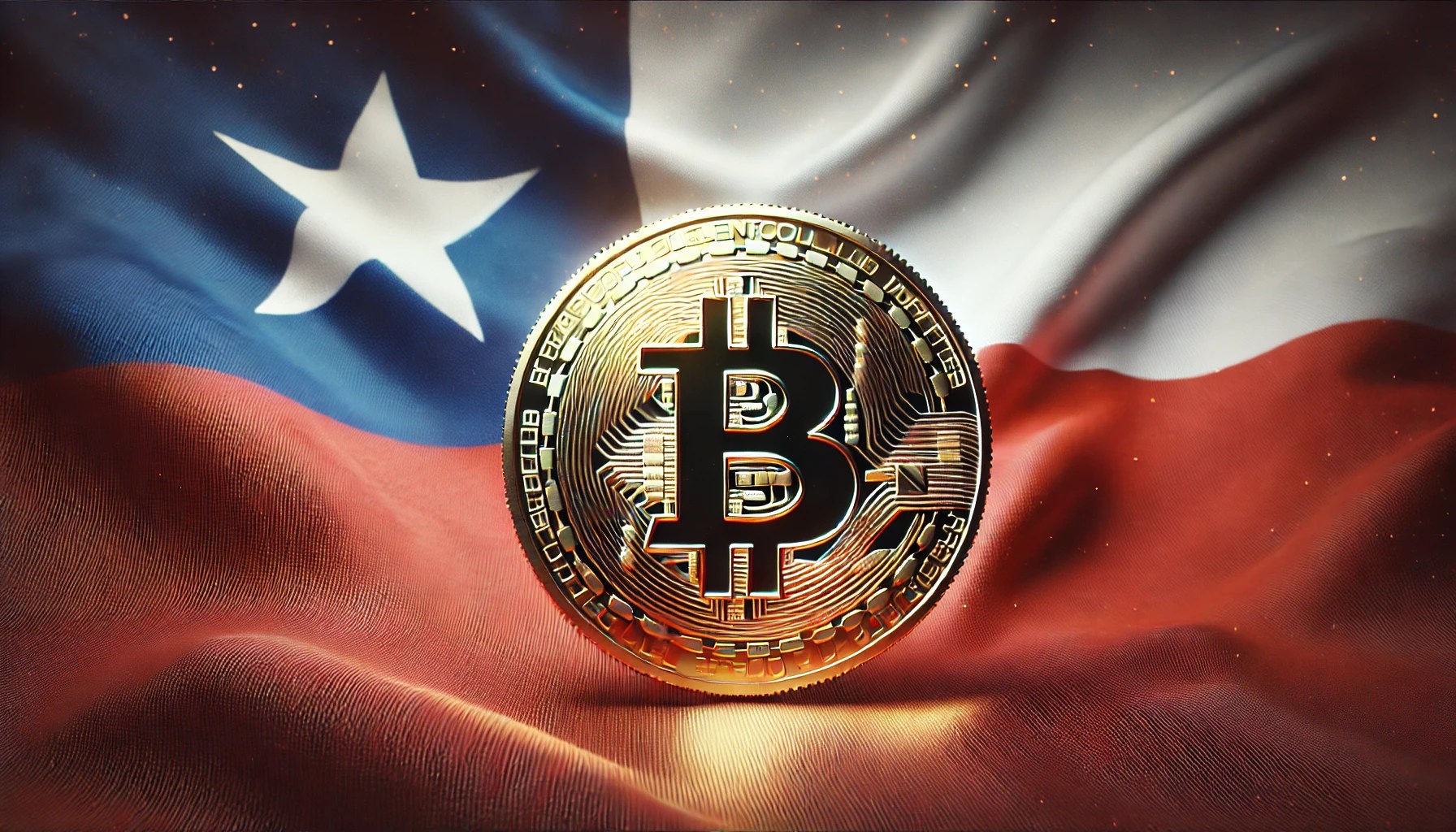The Monetary Authority of Singapore (MAS) recently announced an increase in the risk level of Digital Payment Token (DPT) service providers as part of its latest Counter-Terrorism regulation update. This decision was made following a review of the country’s Terrorism Financing National Risk Assessment (NRA) and National Risk Management strategy.
The MAS elevated the risk level of DPTs to medium-high from medium-low, signaling a heightened awareness and concern regarding potential terrorist financing activities in Singapore. This move underscores the importance of strengthening regulations and oversight in the digital payment sector to ensure the safety and security of financial transactions.
Digital payment tokens have become increasingly popular in recent years, offering users a convenient and efficient way to make transactions online. However, the rise of these digital currencies has also raised concerns about their potential misuse by illicit actors for terrorism financing purposes.
By raising the risk level for DPT service providers, the MAS is sending a clear message that it will not tolerate any form of financial crime or terrorist financing activities in Singapore. This regulatory update is a proactive step towards safeguarding the integrity of the financial system and protecting the country from external threats.
In conclusion, the MAS’s decision to raise the risk level for digital payment token providers reflects a growing recognition of the need for enhanced regulatory measures in the digital payment sector. By taking a proactive stance against terrorism financing, Singapore is setting a strong example for other countries to follow in combating financial crime.
According to industry experts, the MAS’s decision is expected to have a significant impact on digital payment token providers and users in Singapore. Service providers will need to implement additional compliance measures to adhere to the heightened risk level and ensure regulatory compliance.
For users, this regulatory update may result in changes to the way they access and use digital payment tokens. Increased scrutiny and oversight from regulators could lead to enhanced security measures and verification processes, potentially affecting the speed and efficiency of transactions.
On a global scale, Singapore’s move to raise the risk level for DPT service providers is likely to influence other countries’ regulatory approaches to digital payments and financial crime. As digital currencies continue to gain traction worldwide, regulators are increasingly focused on strengthening oversight and compliance measures to prevent misuse and illicit activities.
Overall, the MAS’s decision underscores the importance of cooperation and coordination among regulators, industry stakeholders, and users to ensure the integrity and security of digital payment systems. By staying vigilant and proactive in addressing emerging risks, Singapore and other countries can better protect their financial systems from abuse and exploitation.





